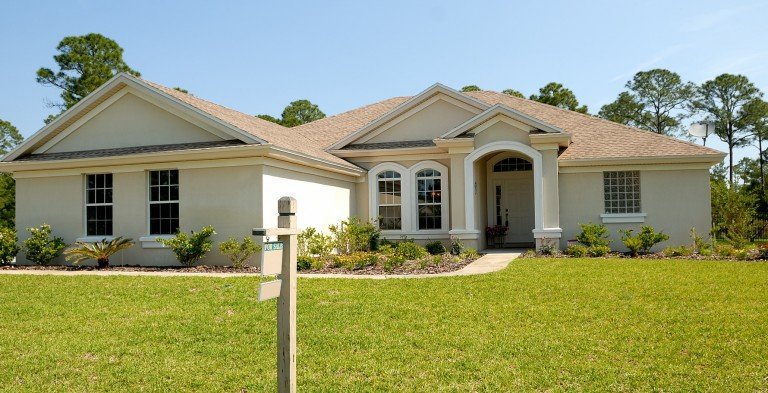

Updated on July 5, 2022
This is the first part of a two-part series on the constitutionally protected homestead right. This first part serves as an introduction to the purpose of the homestead. The second part will discuss exemption amounts, and the differences between the automatic homestead and the declared homestead.
What is the Purpose of the Homestead?
As a homeowner, you have many rights. Unfortunately, having the right to exempt the house you live in (your “Dwelling”) from a forced-creditor sale is not one of them. To put it more simply, if you are unable to satisfy a judgment entered against you, then the prevailing party could possibly force the sale of your home.
Your rights, however, kick in through the homestead. The California Constitution provides that “the Legislature shall protect, by law, from forced sale a certain portion of the homestead and other property of all heads of families.” (Cal. Const. art. XX, § 1.5). This mandate is implemented through the Enforcement of Judgments Act (the “Act”). (Code Civ. Proc., §§ 680.010 et seq.)
Thus, the purpose of the homestead exemption is to limit enforcement of monetary claims and judgments against your dwelling property up to the amount that qualifies for the exemption. In other words, the homestead benefits homeowners by preserving a portion of the equity in the Dwelling up to the applicable exemption limit. Specifically, before a creditor is entitled to the sale proceeds to satisfy the judgment, the statutory protected amount must first be paid to the owner. Consequently, if the Dwelling’s equity is insufficient to provide the homeowner with this statutory amount, then the creditor will be unable to force the sale of the Dwelling.
The Automatic Exemption and the Declared Exemption
The Act establishes two separate and related exemptions: (1) the automatic residential exemption and the declared exemption. As the name suggests, homeowners automatically have a homestead exemption at the time judgment is enforced. That is, when a creditor attempts to enforce a judgment, the automatic exemption automatically protects, up to a statutory amount, a portion of the equity in a Dwelling. (Code Civ. Proc., §§ 704.710, seq.) A declared homestead, on the other hand, requires a valid declaration and recording. The declared homestead takes effect before the judgment is enforced, and generally provides homeowners with greater benefits. (Code Civ. Proc., §§ 704.910, seq.)
Regardless of the type of homestead, the amount exempted under either homestead is the same because both exemptions are based on the same statutory formula. (See Code Civ. Proc., §§ 704.730 & 704.960.)
In sum, no filing is required for an automatic exemption. The automatic exemption only requires the debtor/homeowner to continuously reside in the Dwelling. If you fail to validly record a declared homestead then, as long as you have continuously resided in the Dwelling, you will still have the protections of an automatic exemption.
Lastly, the homestead exemptions will not protect you against a trustee’s sale or other foreclosure of a voluntary lien or encumbrance on the homestead property.
Our real estate attorneys at Schorr Law have a great deal of experience with real estate matters and disputes. To see if you qualify for a free 30-minute consultation, contact us today!
By Randy Aguirre, esq.